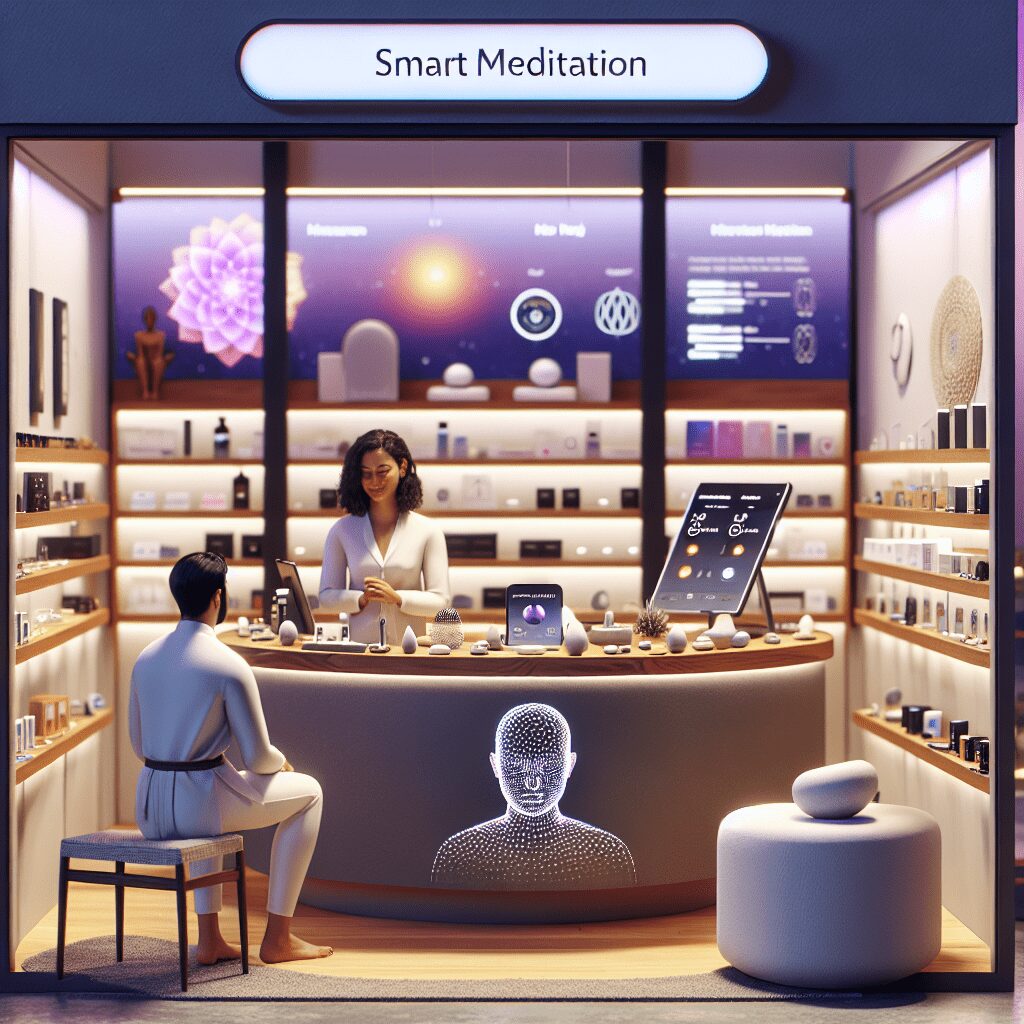
Prioritize your mental well-being daily. Enhance your life by nurturing your mental health with the Smart Meditation app. Break free from stress, alleviate anxiety, and enhance your sleep quality starting today.
Can Being Cold Cause Anxiety?
Unraveling the Chill: Can Cold Temperatures Stir Anxiety?
Ever felt that shiver down your spine, not just from the cold, but with a side serving of unease or nervousness? It’s not your imagination playing tricks on you. There’s a curious interconnection between dropping temperatures and rising waves of anxiety, a topic that’s been the subject of scrutiny and conversation among researchers and laypeople alike.
When the Weather Outside is Frightful, Is Your Anxiety More Insightful?
First off, let’s lay down the facts. The body and mind are not separate entities; they’re more intertwined than spaghetti and meatballs. When the temperature takes a nosedive, our bodies kick into survival mode, which can, lo and behold, trigger an anxiety response. The fight or flight response — or as some folks prefer, the fight, flight, or freeze (quite apt for cold conditions, don’t you think?) response — goes into overdrive.
So, how exactly does Jack Frost nipping at your nose cause your anxiety to spike? Here are a few culprits:
- Seasonal Affective Disorder (SAD): Not just a case of the winter blues, SAD is a bona fide type of depression that rears its head during the colder months. Shorter days and less sunlight can mess with your body’s internal clock, or circadian rhythm, and drop your serotonin levels, escalating feelings of anxiety.
- Isolation Junction: Cold weather often means less social interaction. Fewer meet-ups with friends or outdoor activities can lead to feelings of isolation and, yep, you guessed it, increased anxiety.
- Physiological Stress: The cold can literally put your body under stress, contracting muscles and making you feel tense. This physical discomfort can be a fast track to an anxious state.
Battling the Cold-Induced Anxiety: A How-To Guide
Now, before you decide to move to the Bahamas to avoid ever feeling cold again, there are more practical (and less drastic) steps you can take to mitigate weather-induced anxiety. Grab a hot cocoa, and let’s dive in:
- Stay Active: It might be the last thing you feel like doing when it’s chilly, but keeping up with regular exercise can boost your mood and fend off anxiety. Whether it’s a brisk walk in multiple layers or a yoga session in your living room, movement is a boon for mental health.
- See the Light: Maximizing natural light exposure, especially in the morning, can help regulate your circadian rhythm and improve your mood. If natural light is in short supply, a light therapy box could be a worthwhile investment.
- Connect with Others: Combat isolation by reaching out. Thanks to modern technology, connecting with friends and loved ones is easier than ever. A simple video call can do wonders for your mental state.
- Warm Comforts: Warm drinks, cozy blankets, and comfortable indoor temperatures can soothe your body and mind. It’s not just about physical warmth; these comforts can also provide a sense of coziness and security, easing anxiety.
To wrap it up with a warm blanket of thought, there’s a tangible link between the cold and heightened anxiety for some individuals. Recognizing this connection is the first step. By adopting coping strategies, you can help ensure that your mental health doesn’t plummet as the temperature does. Stay warm, stay connected, and remember, spring is just around the corner.





